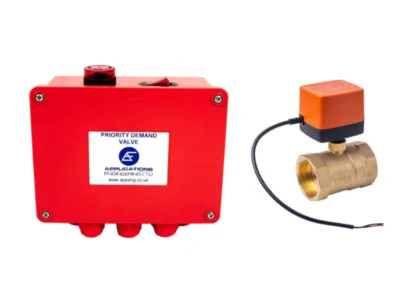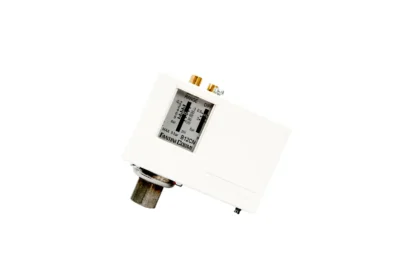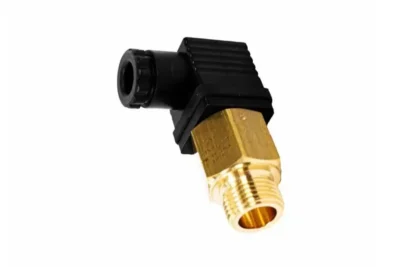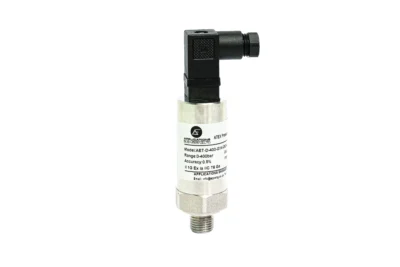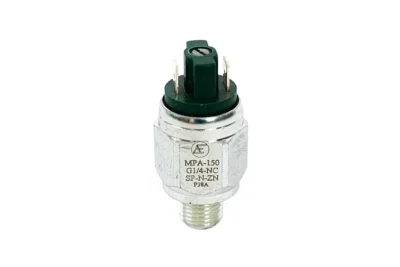When it comes to commercial or industrial fire sprinkler systems, you cannot be too careful.
These systems are inherently designed and installed to detect, control, and extinguish fires should they break out; they ultimately play an invaluable role in protecting life, minimising damage, and preserving building stability.
However, a building fire sprinkler system is only as reliable as its latest inspection proves it to be.
Why You Should Consider Fire Sprinkler Maintenance and Servicing
While catastrophic fire damage thankfully doesn’t occur daily, that does not absolve building owners from the responsibility of upholding their incumbent fire sprinkler valve systems to the highest standards and quality. No building owner can afford to overlook important safety measures, nor can fire sprinkling systems ever be taken for granted.
Routine fire sprinkler servicing is a proactive and straightforward solution to consider if manually inspecting a fire system in a building is something you feel best entrusted to a specialist. Much like routine servicing for everyday products like cars or boiler systems, and annual health checkups, these services help uncover potential issues from an impartial set of eyes, before they develop into full-scale problems.
By identifying potential concerns early, testing the system, and conducting the necessary adjustments, repairs, or replacements, building owners can rest assured that their fire protection system works properly. Although it’s unlikely that they will call upon it outside of an emergency, the peace of mind knowing that a fire sprinkler will work when desperately needed is irreplaceable.
Fire Sprinkler Servicing and Inspection Rules
The Regulatory Reform (Fire Safety) Order 2005 makes building owners and occupiers responsible for having appropriate fire safety provisions. This means maintaining fire detection and suppression systems, so they operate as intended – including conducting routine tests and servicing.
Relevant standards like BS EN 12845 and accompanying Loss Prevention Certification Board (LPCB) guidelines mandate that fire sprinkler systems undergo annual inspections by an independent, qualified inspector.
Your system cannot be evaluated by the installer, owner or occupier alone. Approved third-party testing helps confirm everything works properly or identifies any issues needing correction.
More frequent inspection intervals may be needed for high-risk buildings or spaces prone to contamination buildup.
Why Proper Testing and Maintenance Matters
It can be tempting to think ‘out of sight, out of mind’ when it comes to fire safety sprinklers and apparatus, given how they can often be threaded throughout ceilings and walls, making them invisible to the naked eye.
However, just because a system sits idle doesn’t mean that fire sprinkler components like pipes, sprinkler heads, valves, and switches are ever immune from potential issues, such as:
- Loose fittings or damaged sections
- Debris, rust or scale buildup
- Excessive air or water pressure problems
- Malfunctioning release mechanisms
- Freezing temperatures in cold spaces
Given how most products are concealed, it’s hard to imagine issues being spotted without a proactive investigation. Time and environmental factors can gradually degrade a system and its components, even if not being used.
Without periodic inspection and testing, there is no way to gauge effectiveness or confirm design specifications are still being met. A small undetected leak or broken sprinkler today risks total failure to activate during a large-scale fire.
The legal liability, property damage and loss of life risks make regular fire system testing invaluable. Specialised fire safety technicians methodically evaluate the whole sprinkler setup and can pinpoint risks early before they manifest into catastrophic issues that could affect life.
What’s Checked During Servicing Visits?
Thorough fire sprinkler analysis examines the entire system from the water mains to the sprinkler heads, and everything in between. Exact testing procedures will depend on the specific building and type of sprinkler system installed, and the firm conducting the checks.
However, as a guide, you can expect the following to be checked during a routine visit:
- Pipes: Technicians scan all system pipes and fittings for signs of leaks, corrosion or modifications that undermine integrity.
- Valves: Specialised valves control water flow and pressure so verifying full range of motion ensures proper activation. Locking mechanisms also get inspected and reset if improperly aligned.
- Alarms: Alarms alert building occupants of emergencies, so electrodes, sensors and notification devices get tested accordingly.
- Pressure: Opening select pressure control valves helps technicians determine if system pressure meets originally calculated design rates for firefighting capacity.
- Heads: Concealed sprinklers, drops or exposed fixture heads must not be painted, damaged or blocked in a way that inhibits spray dispersion geometry.
Addressing any anomalies during testing means your fire sprinkler stays prepared to perform when it matters most.
Rely on Industry Leaders for Quality Fire Sprinkler Products
At Applications Engineering, we supply only premium fire sprinkler valves, switches, sensors and ancillary system components from trusted manufacturers. Investing in high-grade materials certified to BS EN and related standards gives you confidence that your system will perform, as intended, during emergencies.
Our extensive stock at our West Sussex facility allows us to complete deliveries in a timely fashion, so you can install quality-tested control valves, reliable pressure gauges and other essential fire sprinkler parts swiftly. With deep application expertise guiding design and outfitting, Applications Engineering’s bespoke solutions leave no sprinkler testing or servicing considerations overlooked. Contact our team about tailored products for your next inspection or servicing need.
Share This Post
